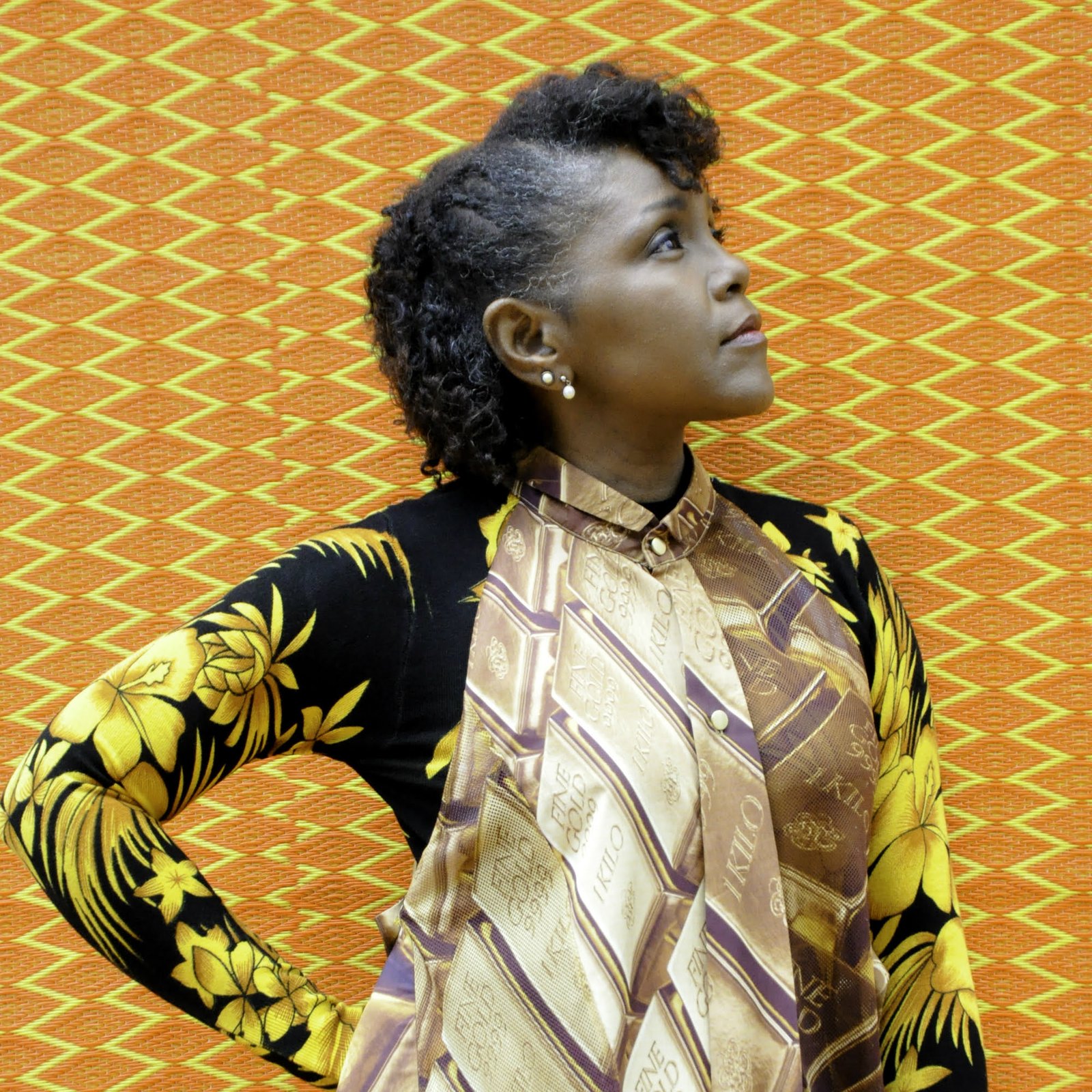It doesn’t happen every day that we get to enjoy a double-bill show celebrating the artistry of two remarkable female musicians. Luckily, we didn’t miss the unique opportunity which happened on stage at the Barbican where we saw two such protagonists in Carleen Anderson and Zara McFarlane.
Despite the two performances being worlds apart in their setting-up and unfolding, there were many similarities in the way the two artists expressed their musicianship, which both explicitly draw from jazz, but also welcome elements of soul, gospel and R&B.
Both Carleen and Zara know how to handle the scene, interacting with the audience and spontaneously expressing themselves at the same time. As a matter of fact, they can easily enthral their listeners simply by giving voice to their talent, and that’s indeed what they did throughout the night, which saw Zara McFarlane opening the event by bringing on stage her latest work Arise, and Carleen Anderson following up as the main act presenting her 2016 autobiographical project Cage Street Memorial.
Even if to different extents and using unrelated music vocabularies, both Zara and Carleen reflected upon their stories, families, and origins. They sang and played about their African and Caribbean roots and challenges in representing and standing up for them. If Zara McFarlane’s performance was yet more proof (if more proof was needed) of the fact that she’s no longer just a promising artist of the London music scene but a bright reality with an educated and emphatic voice and interpretational skills to spare, what Carleen Anderson presented was inevitably another kind of show.
Cage Street Memorial is a deeply felt and multifaceted “heavy-duty” multimedia project involving music, visuals and, to some degree, theatre, which monopolises the attention and thoughts of its audience throughout its performance. Far from being an “easy listening” and easily digestible show, for it to be fully enjoyed and understood it requires a great deal of introduction and explanation, which was something Carleen Anderson was slightly thrifty with. Arguably, it was a matter of time, something that Cage Street Memorial also needs plenty of to be staged.
Carleen and her remarkable music partners (Orphy Robinson playing the vibraphone, violinist Samy Bishai, percussionist Crispin Robinson and Renell Shaw on bass) had to handle a far-reaching narrative, involving a mix of music styles, tones and emotions which recounted Carleen’s family story from the early 19th century and her perspective of historical events and protagonists of the period. The account unfolded itself through photos displayed on a screen behind the artists. Every shot and every page of Carleen Anderson’s personal album represented a take on identity, tradition, civil-rights, and immigration, but also everyday experiences and family business.
It’s not by chance that ‘Odyssey’ is one of the most employed terms when it comes to describing Cage Street Memorial. On stage, Carleen brings to life her spiritual and physical Atlantic crossing, from her native US to her current residency in the UK. The ‘opera’ is a journey that has been illuminating as much as tormenting for its storyteller. That’s primarily reflected by the tones used by Carleen, which at times sound majestic and lyrical (she often uses biblical references, playing the part of preacher and employing a harmoniser to replicate a gospel choir) while, on other occasions, she was almost confiding herself, whispering in the ears of her audience and murmuring through her keyboard’s keys.
That’s also one of the indicators of the significance of Cage Street Memorial. Its expressive richness, drive, and abundance of characters and topics squeeze not only an entire life but an entire world into an album in its live rendition.


